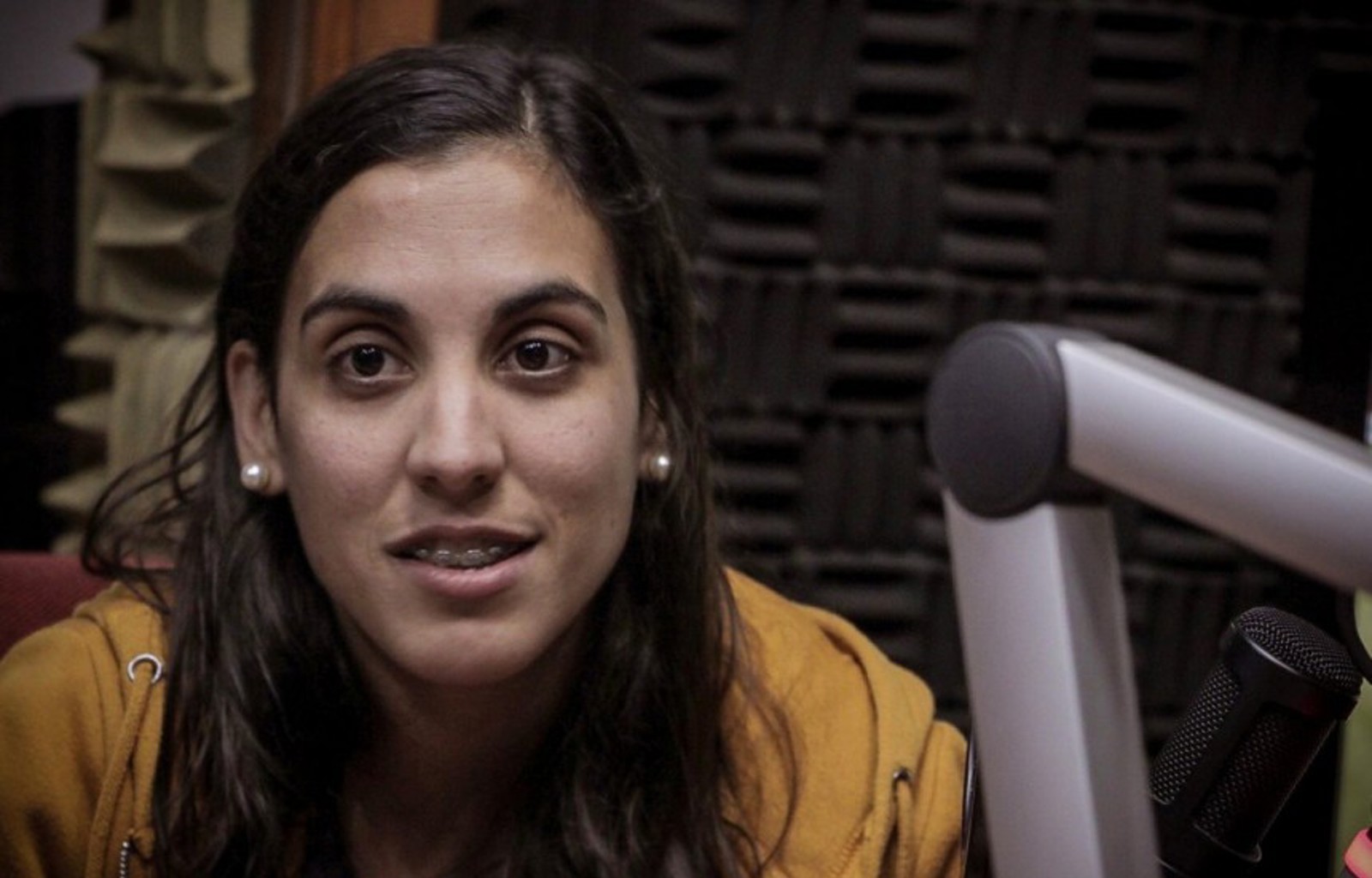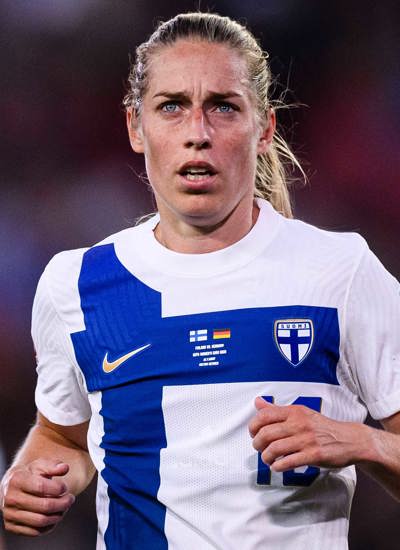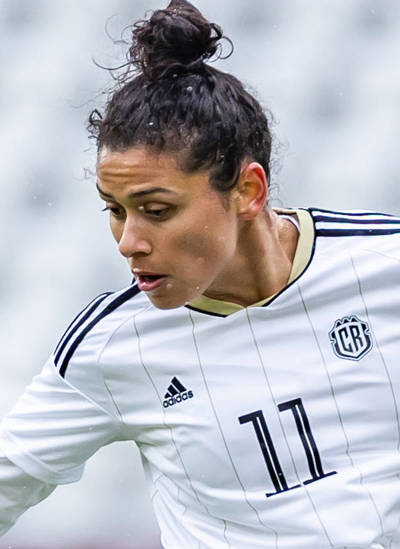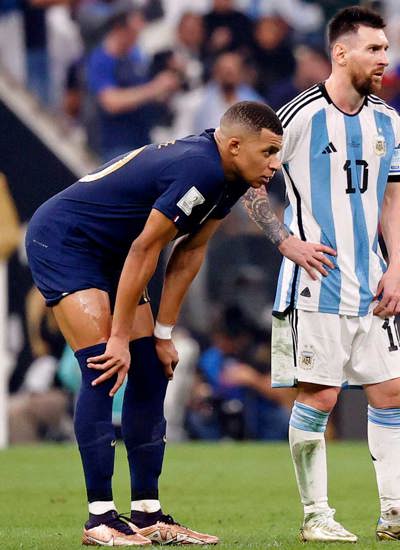
Graciana is a lawyer at Rubel Gatti, a dedicated futsal player, and the spokesperson for the Organización de Futbolistas Uruguayas which together with the Mutual Uruguaya de Futbolistas Profesionales forms part of the Asociación de Futbolistas Uruguayos: the Uruguayan Footballers’ Association.
She moved to Montevideo to study law, and within the organization she has found a place to combine both her education and her desire to contribute to the development of women’s football in Uruguay.
What attracted you to a career in the football industry?
I’ve played football since I was a girl, so I’ve always felt very connected to the sport. I first joined the union in 2018. It’s an organisation that’s been built from nothing, and we’re a small team with the shared objective of improving conditions for footballers. I’m really passionate about it.
Can you tell us a bit more about your work?
At this stage we all work on a pro-bono basis, each bringing our own experience and expertise. As a lawyer I offer my knowledge and services to players who require legal support, but there’s a common goal amongst us.
We want to lead to way to develop a structure, a route for players – particularly women, in which they feel supported in their careers.
“In Uruguay we think of women’s football as a hobby, and we have to change that”
— by Graciana Ravelo
How do you see your career advancing in the football industry?
For me that all depends on the growth of the organisation, because it will grow with the people who work there. Of course, as an individual I am focused on progressing professionally, but it’s important to visualise goals as a group and not just one person. My main motivation is to grow the Uruguayan Footballers’ Association as an entity, and there are certain skills and qualities that are required to do that.
This is one of the reasons why I am so happy to be a part of the “Ready to Board” programme, as it will help me to understand and master the leadership skills to take the union to the next level.
Are there particular barriers for women footballers in Uruguay?
We are fighting against a lot of barriers. We don’t have appropriate training conditions, equipment or the fan interest required to better the game. Players have to pay their own way with expenses such as clothing and travel, and it’s very common for women’s clubs to host fundraising events in order to continue playing.
Players have to juggle their time between earning money and playing football, which means that many have to choose between the two. For example, I go to work at 10am, then I return to my house at around 6pm, and then I go straight to training at night – partly because that’s the only time anyone can make it.
Have your own experiences as a player shaped your career path?
It’s certainly built my social conscience on the matter. Football was never going to be a viable career option for me. In Uruguay we think of women’s football as a hobby, and we have to change that.
Each individual effort for social change is like a little seed that is planted, each and every act works towards positive change. Once we start to add these seeds together - we can start to really grow. Just playing football as a woman is making a difference, you are taking a political stance against your sport being reserved for men.
What’s your experience of the Ready to Board programme so far?
I'm so proud to be here. In Latin America we tend to think that we are very far behind, but when you talk to women from “more advanced” countries it’s clear that they experience many of the same issues. It makes me realise that we are not alone, we are going through the same things and we can share our experiences and work towards making things better.
The instructors are amazing. They’ve already helped me recognise strengths which can be used to my advantage, while also identifying weaknesses that need to be improved in order to establish myself as a leader.


